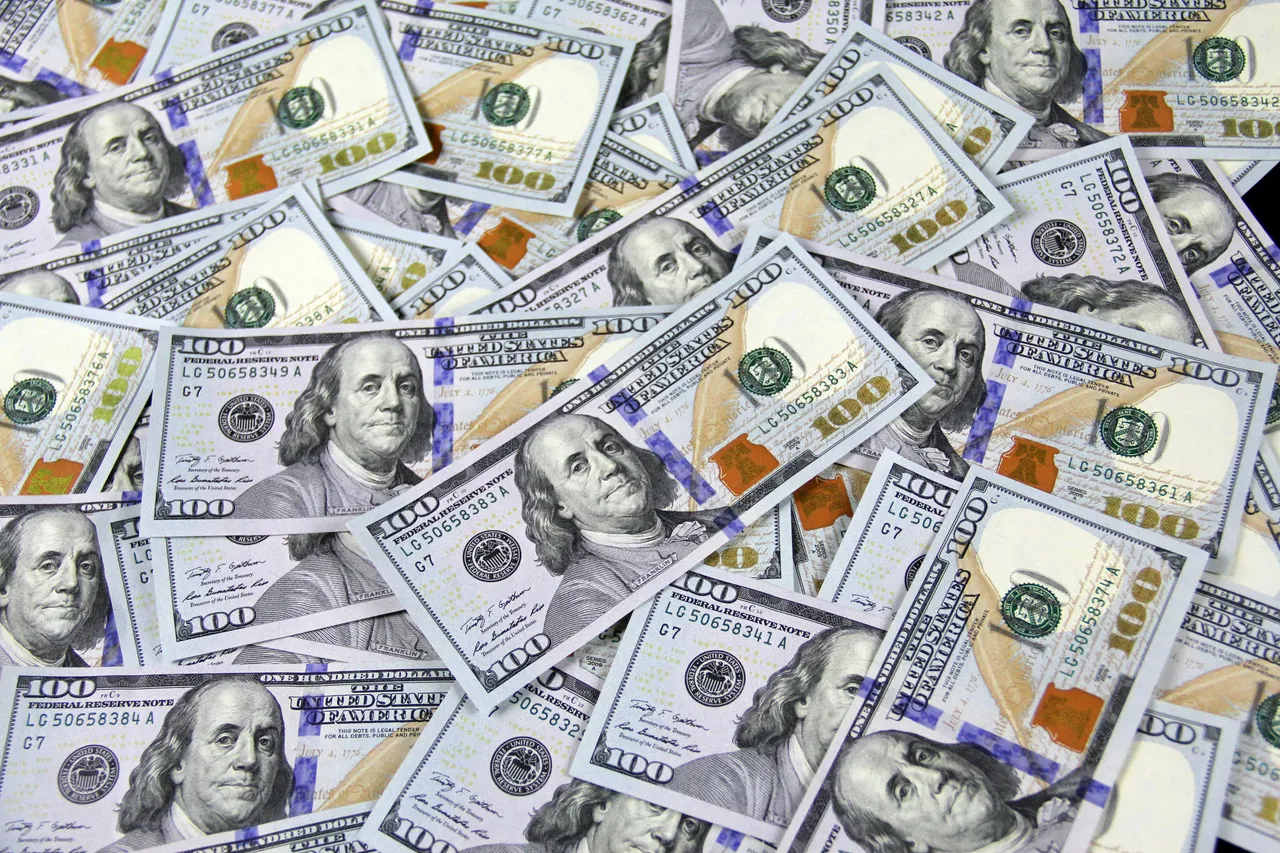Yat Siu, of Animoca Brands mentioned in a podcast that economic capital is a base form of capital, in the sense that there are other forms of capital that we collectively view as more valuable, albeit they're less tangible.
For example, being financially rich doesn't necessarily grant you access to certain elite cultural circles, prestigious academic institutions, or even genuine respect from peers.
Economic capital as a base form of capital can be understood in two ways.
Step By Step
One, is as a foundation to acquire the other forms of capital such as symbolic, social or cultural capital. When you have financial resources, you can buy in into social capital, as in joining exclusive social clubs, private member organizations, or high-society events.
Or symbolic capital, as in acquiring a prestigious address, luxury brands, or fine art collections. You become part of a tribe or movement, simply by holding something that the movement values or recognizes as meaningful.
From my understanding, cultural capital can't necessarily(or always) be bought through economic capital and you can find examples where a person has a lot of cultural capital with little to no economic capital.
This is the case with many artists, intellectuals, or academics who may possess deep cultural knowledge, refined taste, and recognition within their fields despite modest financial means.
I think with a bit of "smart thinking", especially in this day and age, any form of capital can be leveraged to acquire other forms of capital.
The issue however, is people in the cultural capital category tend to look down on money or economic pursuits as somewhat crude or unsophisticated.
Sometimes, we join social circles, not only for the shared values and principles but also because we're keen on acquiring new contacts that'll help us boost our economic capital.
That's okay too, since economic capital has become the bedrock of living a stable, secure, and self-determined life in modern society.
I think all these forms of capital are so intertwined and interconnected that exclusively focusing on accumulating economic capital while neglecting other forms can lead to an imbalanced and potentially unfulfilling life experience.
Upstream Movement
Two, economic capital as a base form of capital can be viewed as a crude asset that we have to transform into more refined assets. What I mean by that is economic capital in its raw form (money) needs to be strategically converted into more sophisticated forms of capital that provide deeper value and meaning.
This transformation becomes necessary because economic capital has inherent limitations even though it's quite essential for living a stable, secure life, generally.
Unlike other forms of capital, money is highly fungible and somewhat ephemeral - one dollar is exactly the same as another, and its value can fluctuate or erode over time.
Contrast that with cultural capital and you realize that the latter becomes more valuable with time as knowledge deepens and connections strengthen.
For social capital tends to compound through network effects and trust-building and symbolic capital often appreciates as reputation and recognition grow.
Besides, I don't think economic capital alone rarely creates lasting legacy or meaningful impact. Because the most memorable and influential figures in history are usually remembered not for their wealth, but for their contributions to culture, society, or human knowledge.
Thanks for reading!! Share your thoughts below on the comments.

